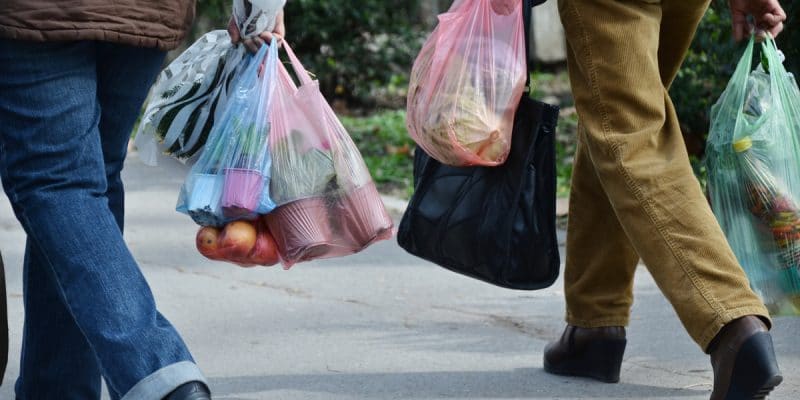The United Nations Environment Programme (UNEP) is quite clear. The activities of South Africa’s Council for Scientific and Industrial Research (CSIR), like those of the four other winners of the 2023 Champions of the Earth award, are having a transformative effect on the environment. This year’s awards recognise innovative solutions to combat plastic pollution. Awards were also presented to Josefina Belmonte, the mayor of Quezon City (Philippines), the Ellen MacArthur Foundation (UK), the company Blue Circle (China), and entrepreneur José Manuel Moller (Chile).
“As the negotiations to develop a legally binding international instrument on plastic pollution move forward, Champions of the Earth 2023 demonstrates that there are innovative solutions that can inspire us to rethink our relationship with plastic,” said Inger Andersen, Executive Director of UNEP in Nairobi, Kenya, when the results were announced.
The CSIR, the only African organisation in the cohort, was singled out in the “Science innovation” category for its groundbreaking work in pushing back the boundaries of knowledge and technology in the field of plastic waste management. The other “Champions of the Earth” award categories are “Political Leadership”, “Inspiration and Action” and “Entrepreneurial Vision”.
100% biodegradable plastic bags and crates
In South Africa, around 90% of checkout bags, agricultural films and other short-term or single-use plastic consumer items are produced from petroleum-based chemical materials and are therefore not biodegradable when thrown into the environment, according to Sudhakar Muniyasamy, senior researcher at the CSIR. To reduce the impact of this waste on the environment, the CSIR has developed a bioplastic technology to produce a plastic that is 100% biodegradable and compostable. This technology makes it possible to manufacture single-use plastic products which, when they end up in landfill sites, biodegrade in 180 days. When combined with organic waste, bioplastic products can be composted in 90 days, without leaving any toxic residues.
Read Also – SOUTH AFRICA: Woolworths plans to eliminate plastic bags in all its stores
“Our bioplastic technology is based on the use of biopolymers and agricultural waste by-products such as starch, cellulose and glycerol. Through the intelligent use of additives, we have created unique formulations to modify properties using a melt-processing technique. The result is granules that can be converted into carrier bag films, kitchen waste bags, mulch and packaging films, as well as rigid cutlery products,” explained Sudhakar Muniyasamy in 2021. This technology can also help players in the agricultural, medical and hotel sectors who are looking for environmentally-friendly packaging methods.
Technical support for the waste sector in South Africa
As well as devising innovative solutions to plastic pollution, the CSIR provides technical support to players in the waste sector, particularly in modelling solutions and intervention strategies to combat plastic pollution. For the record, South Africa generates 2.4 million tonnes of plastic waste every year, according to the World Wildlife Fund (WWF), barely 14% of which is recycled.
And worldwide, 23 million tonnes of plastic waste are dumped into aquatic ecosystems every year, polluting lakes, rivers and oceans. Human beings are not spared the risks associated with plastic pollution, as the chemical substances contained in plastics can also cause health problems.
Inès Magoum
